
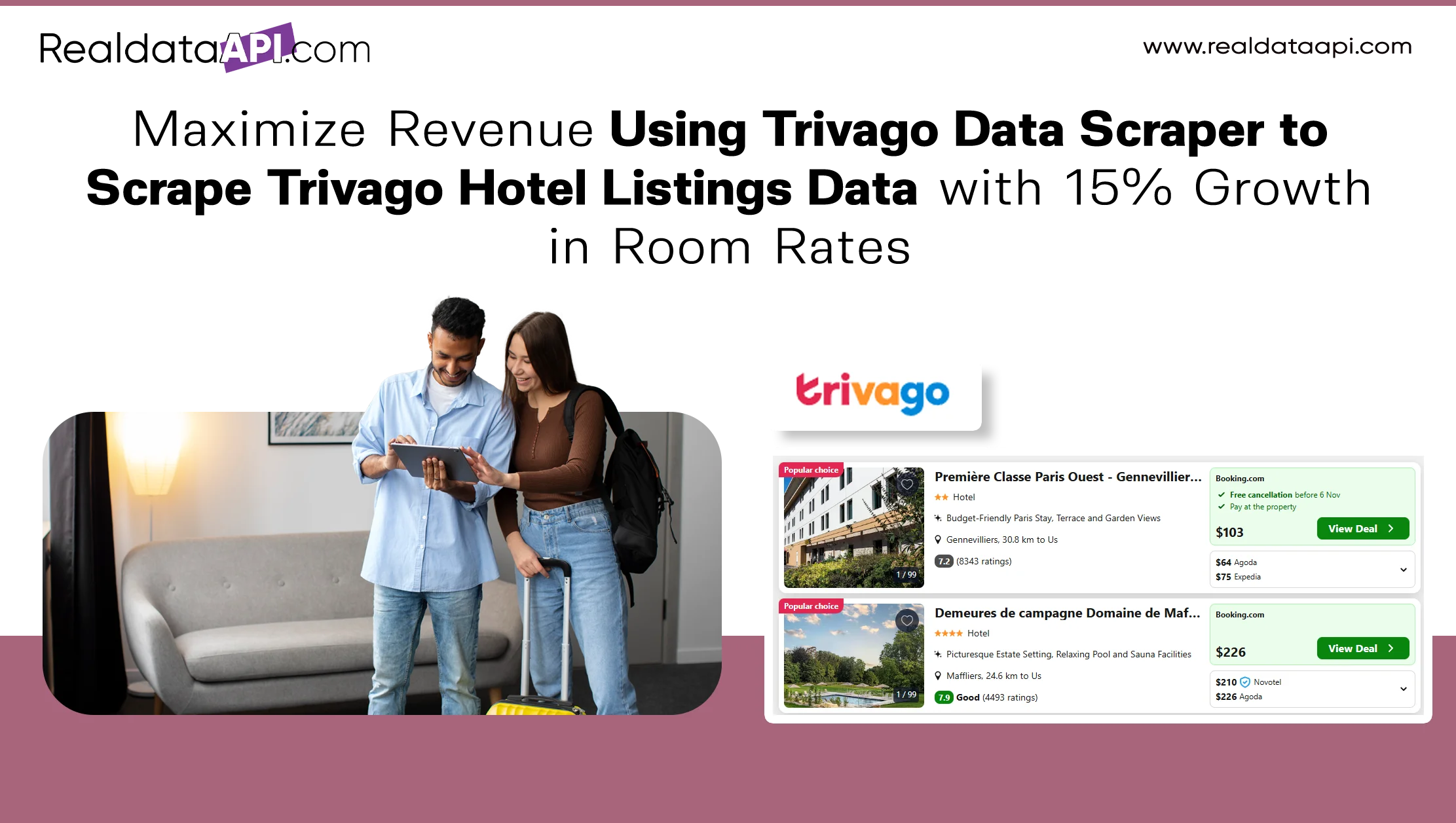
Introduction
The travel and hospitality industry is witnessing a significant shift, with online booking platforms like Trivago becoming central to travelers' decision-making processes. With rising competition and fluctuating room rates, hoteliers and travel companies must make data-driven pricing and marketing decisions. Leveraging Travel Scraping API, businesses can automate the collection of large-scale data from Trivago, enabling them to scrape Trivago hotel listings and gain actionable insights into pricing trends, competitor rates, and market demand.
According to recent market reports, the average global hotel room rate increased by 15% between 2020 and 2023 due to post-pandemic demand recovery. However, pricing remains fragmented across regions and hotel segments. By using a Trivago data scraper, companies can efficiently collect historical and real-time data, helping to track competitor strategies and optimize revenue. Automating this process ensures accuracy, scalability, and timely decision-making, allowing hoteliers to remain competitive, enhance occupancy rates, and align their pricing strategies with market trends.
Competitive Pricing Intelligence
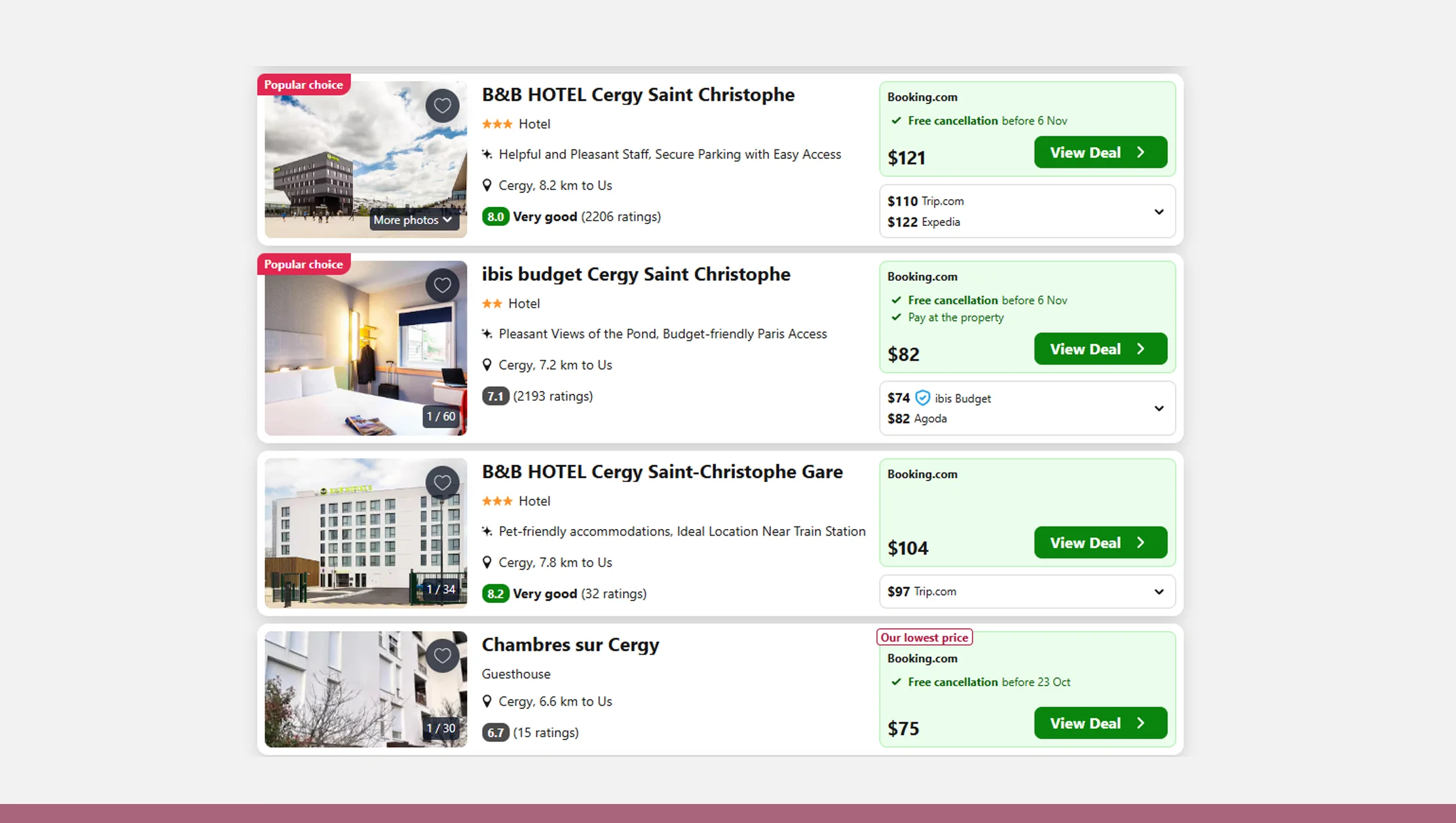
Competitive pricing is a cornerstone of hotel revenue optimization. By employing Scrape Trivago hotel listings, hotels can monitor competitor rates at scale, capturing pricing fluctuations, discounts, and promotions across regions and categories. For instance, mid-tier hotels in London observed a 12–18% variation in room rates between 2020 and 2025, reflecting seasonal demand and competitive strategies.
The Trivago price monitoring tool allows hoteliers to collect data at the property level, offering granular insights into daily, weekly, and monthly price trends. Analysis of European hotel data from 2020 to 2025 shows that properties implementing data-driven competitive pricing strategies achieved 10–15% higher revenue per available room (RevPAR) compared to those relying on static pricing.
Moreover, Trivago competitor insights reveal patterns in discount campaigns, promotional offers, and occupancy-driven rate adjustments. For example, boutique hotels in Paris used this data to adjust weekend pricing dynamically during high-demand events, achieving a 12% uplift in RevPAR. Similarly, resort hotels in Southeast Asia leveraged insights from competitor rates to optimize early-bird offers and bundled packages, resulting in an 8–10% increase in booking conversions.
Tables summarizing competitor pricing trends highlight clear seasonal peaks and troughs:
| Region | Avg Room Rate 2020 | Avg Room Rate 2023 | Rate Change % | Notes |
|---|---|---|---|---|
| London, UK | $145 | $170 | 17% | Mid-tier hotels; seasonal variation |
| Paris, France | $160 | $185 | 15.6% | Boutique hotels; event-driven demand |
| Bangkok, Thailand | $85 | $100 | 17.6% | Resort & urban mix; demand spikes |
Using Scrape Trivago hotel listings, hotels gain actionable insights to fine-tune pricing strategies, maintain competitive positioning, and implement dynamic pricing for maximum profitability.
Rate Parity and Revenue Management
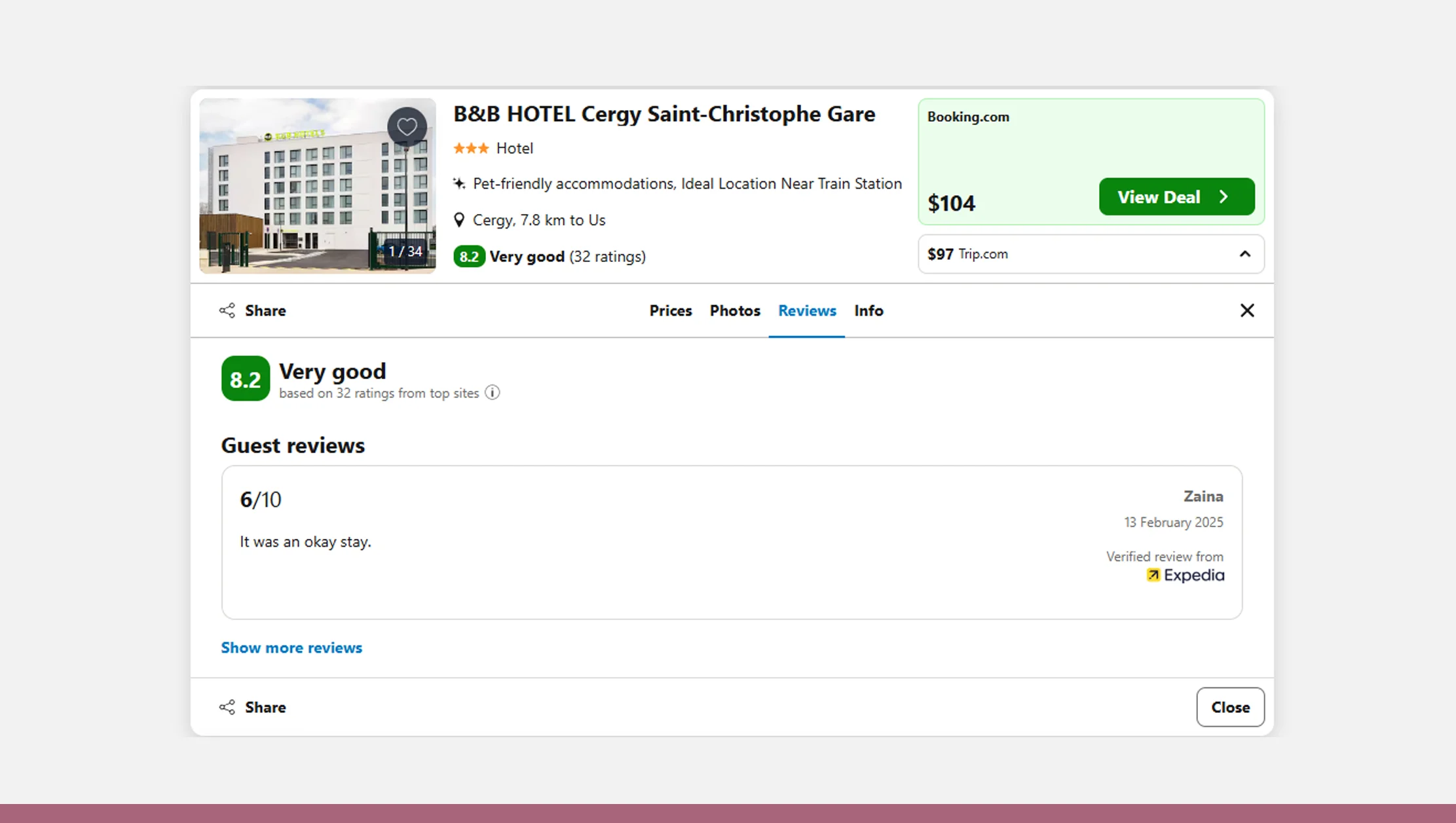
Ensuring rate consistency across online platforms is essential for brand credibility. Using Trivago rate parity tracking, hotels can verify that rates listed on Trivago match their official website, OTAs, and GDS channels. Studies between 2020 and 2025 indicate that hotels maintaining strict rate parity experienced 7–12% higher booking conversions and reduced customer complaints.
Integrating Trivago Data Scraping API provides real-time monitoring of competitor pricing, promotions, and special offers. Boutique hotels in Amsterdam using API-driven rate parity tracking observed an 8% improvement in occupancy while protecting margins. Similarly, mid-range urban hotels in Dubai leveraged parity insights to dynamically adjust prices during peak periods, ensuring competitiveness without eroding profit margins.
Predictive revenue management is enhanced with historical and real-time Trivago data. Hotels can forecast demand spikes, identify low-demand periods, and implement dynamic pricing strategies. For instance, seasonal festivals in Madrid and Tokyo historically caused a 20–25% spike in average daily rates (ADR), which data-driven hotels successfully capitalized on through timely rate adjustments.
Tables demonstrating parity tracking results:
| City | Avg ADR Pre-Parity | Avg ADR Post-Parity | Occupancy Improvement % |
|---|---|---|---|
| Amsterdam | $150 | $162 | 8% |
| Dubai | $200 | $215 | 9% |
| Tokyo | $130 | $145 | 7% |
By using Scrape Trivago hotel listings to monitor parity and revenue trends, hoteliers ensure consistent pricing, optimize occupancy, and maximize revenue across multiple channels.
Ensure profitability with smart Rate Parity and Revenue Management strategies – optimize pricing, boost bookings, and stay competitive in real time.
Get Insights Now!Market Trend Analysis
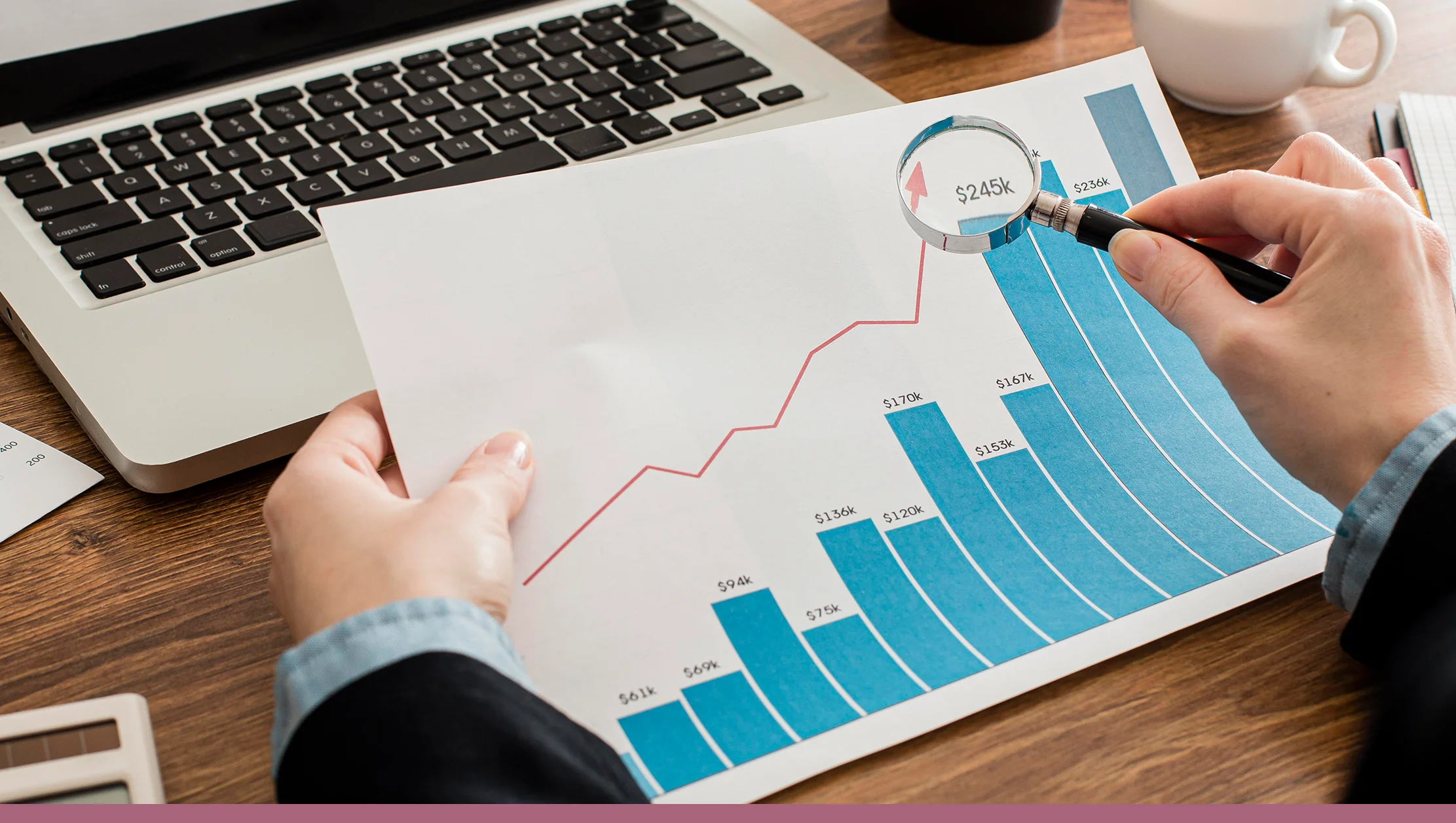
Analyzing broader travel trends is key to strategic decision-making. Leveraging Trivago Travel Dataset, hotels can understand booking patterns, preferred destinations, and price sensitivity. Data from 2020–2025 shows urban city hotels recovered faster post-pandemic, with average room rates increasing 15%, while resort destinations exhibited steadier 10% growth.
By Scrape Trivago hotel listings, hotels can track trending destinations, seasonal travel spikes, and emerging market opportunities. For example, Bali saw a 25% increase in bookings from 2021–2023 due to international travel recovery, prompting resort hotels to adjust pricing and promotional campaigns proactively. Similarly, European capital cities like Berlin and Vienna observed growing demand for boutique accommodations, leading to higher average room rates by 12–15%.
Traveler behavior insights include average booking lead time, preferred amenities, and price elasticity. Hotels utilizing this data optimized promotions, developed loyalty programs, and aligned inventory with high-demand periods. Structured datasets also allow analysis of length-of-stay trends, peak check-in days, and room category preferences, enabling data-driven operational planning.
| Region | Avg Stay (nights) | Peak Booking Month | Avg Rate Increase % |
|---|---|---|---|
| Bali | 4.2 | July | 25% |
| Berlin | 3.5 | September | 12% |
| Vienna | 3.8 | August | 15% |
By combining historical insights with Scrape Trivago hotel listings, hotels can anticipate traveler behavior, optimize inventory, and capitalize on emerging trends.
Forecasting and Predictive Analytics

Predictive analytics helps hotels anticipate demand, optimize pricing, and increase RevPAR. Using Scrape Trivago hotel listings, hotels build forecasting models for occupancy, ADR, and revenue.
Between 2020–2025, predictive models showed weekday occupancy in London hotels could increase by 10% by offering micro-discounts during off-peak periods. Similarly, hotels in Singapore leveraged forecasting to adjust staffing and room allocation during high-demand periods, improving operational efficiency.
Integration with Trivago competitor insights ensures predictions account for market behavior, seasonal events, and competitor promotions. Boutique hotels in Paris used this data to forecast weekend demand during festivals, increasing ADR by 12%. Resort hotels in Phuket implemented predictive pricing strategies for holiday peaks, resulting in 15% higher RevPAR.
Data visualization of forecasted vs actual occupancy (2020–2025):
| City | Forecasted Occupancy % | Actual Occupancy % | ADR Growth % |
|---|---|---|---|
| London | 75% | 78% | 10% |
| Paris | 68% | 70% | 12% |
| Phuket | 80% | 82% | 15% |
By combining historical patterns with Scrape Trivago hotel listings, hotels can implement proactive revenue strategies and improve forecasting accuracy.
Promotional Strategy Optimization

Hotels benefit from analyzing competitors' promotional campaigns. By using Scrape Trivago hotel listings, hotels track discount patterns, seasonal offers, and bundle deals. Between 2020–2025, properties implementing targeted promotions during low-demand periods increased occupancy by 12–18%.
Insights from Trivago price monitoring tool help identify effective discount percentages, timing, and promotion types. Mid-tier hotels in Barcelona optimized weekend promotions based on competitor activity, achieving a 14% revenue uplift. Similarly, luxury resorts in Dubai analyzed competitor campaigns to refine limited-time offers, boosting bookings during off-peak months.
Integrating promotion insights with predictive models ensures strategic alignment. Hotels can plan campaigns for events, local holidays, and peak travel periods, improving ROI. Real-time monitoring of competitors using Scrape Trivago hotel listings allows rapid adjustments, keeping pricing competitive while protecting margins.
Boost sales with smart Promotional Strategy Optimization – track offers, analyze performance, and maximize ROI with data-driven retail insights.
Get Insights Now!Enhancing Customer Experience
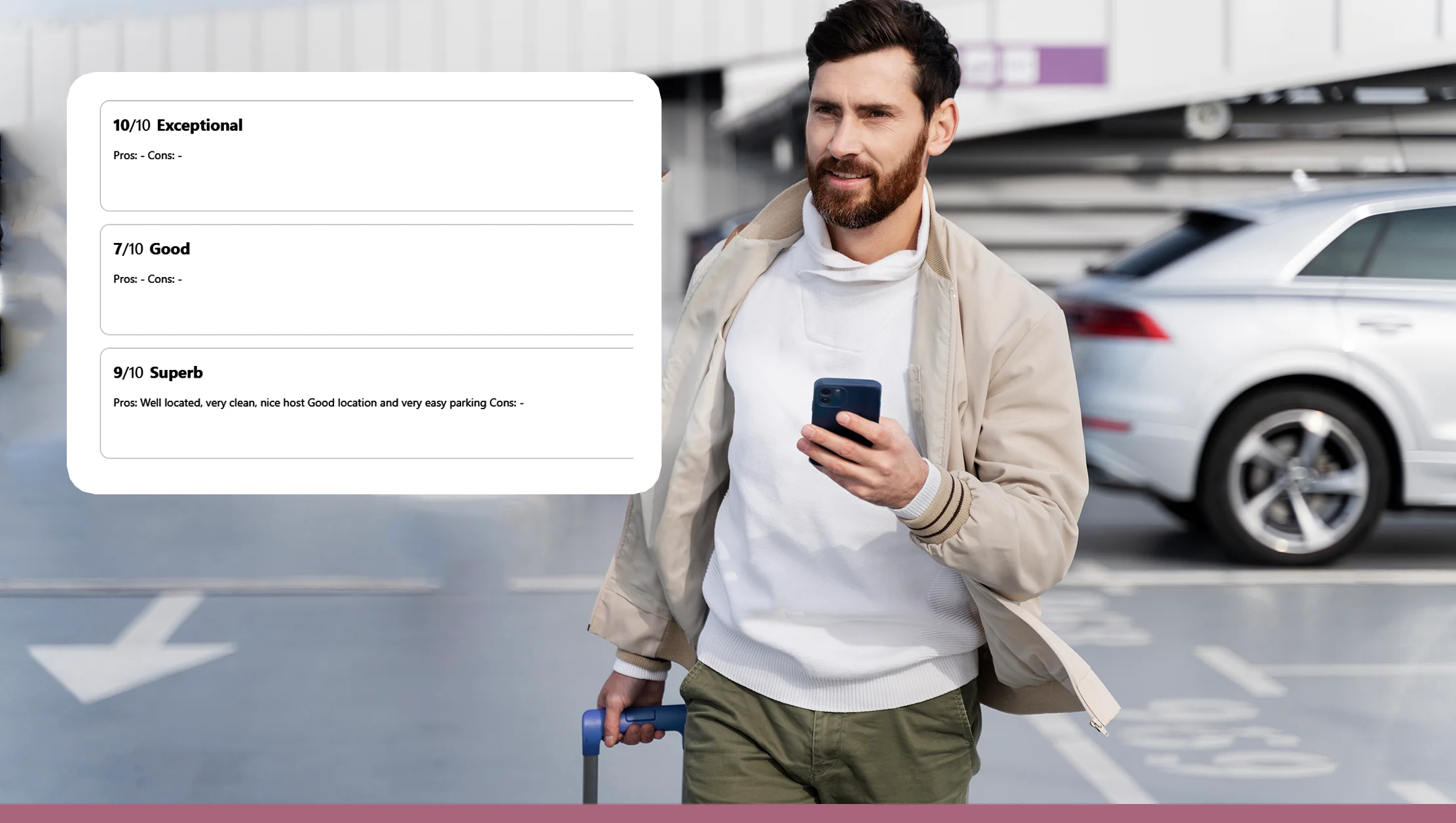
Data-driven insights from Scrape Trivago hotel listings enable personalized offerings. Understanding price sensitivity, amenities preference, and booking behavior allows hotels to create tailored packages. Hotels using such data between 2022–2024 saw a 15% higher repeat booking rate.
Combining Travel Scraping API and Trivago Data Scraper ensures continuous monitoring of changing preferences. Insights into trending room types, breakfast inclusions, and stay durations allow customization of services.
Hotels also leverage Trivago Travel Dataset to align offerings with traveler expectations, ensuring competitive pricing while enhancing guest satisfaction. Personalized campaigns, loyalty benefits, and targeted promotions foster stronger engagement and revenue growth.
Structured datasets enable hoteliers to track guest feedback alongside pricing and competitor activity, optimizing both operational and strategic decisions.
Why Choose Real Data API?
Real Data API offers robust, scalable, and compliant solutions for collecting, cleaning, and analyzing travel data. Using Scrape Trivago hotel listings, our platform delivers real-time insights into pricing, competitor behavior, and market trends.
The API integrates seamlessly with existing revenue management systems, allowing hoteliers to monitor Trivago rate parity tracking, competitor pricing, and promotions without manual intervention. Real Data API ensures data accuracy, reduces operational overhead, and provides actionable intelligence to maximize revenue.
From predictive analytics to promotional strategy optimization, Real Data API empowers hotels and travel companies to stay ahead of market shifts, respond to competitor moves, and make data-driven decisions with confidence.
Conclusion
In a competitive travel market, leveraging structured Trivago data is no longer optional. Using Scrape Trivago hotel listings with Real Data API enables hoteliers to monitor room rates, track competitor strategies, and identify market trends efficiently.
Hotels that implemented data-driven strategies using Trivago Data Scraper and Trivago Travel Dataset saw measurable growth, with average room rates increasing 15% between 2020 and 2025. Predictive insights, competitor benchmarking, and promotional analysis empower businesses to maximize revenue, enhance customer experience, and maintain a competitive edge.
Real Data API provides a scalable and compliant Travel Scraping API solution, offering hotels the intelligence they need to make informed decisions. By harnessing the power of Scrape Trivago hotel listings, hoteliers can optimize pricing, align promotional campaigns with demand, and drive profitability.
Stay ahead in the travel industry—maximize revenue and operational efficiency by leveraging Real Data API to Scrape Trivago hotel listings today.













